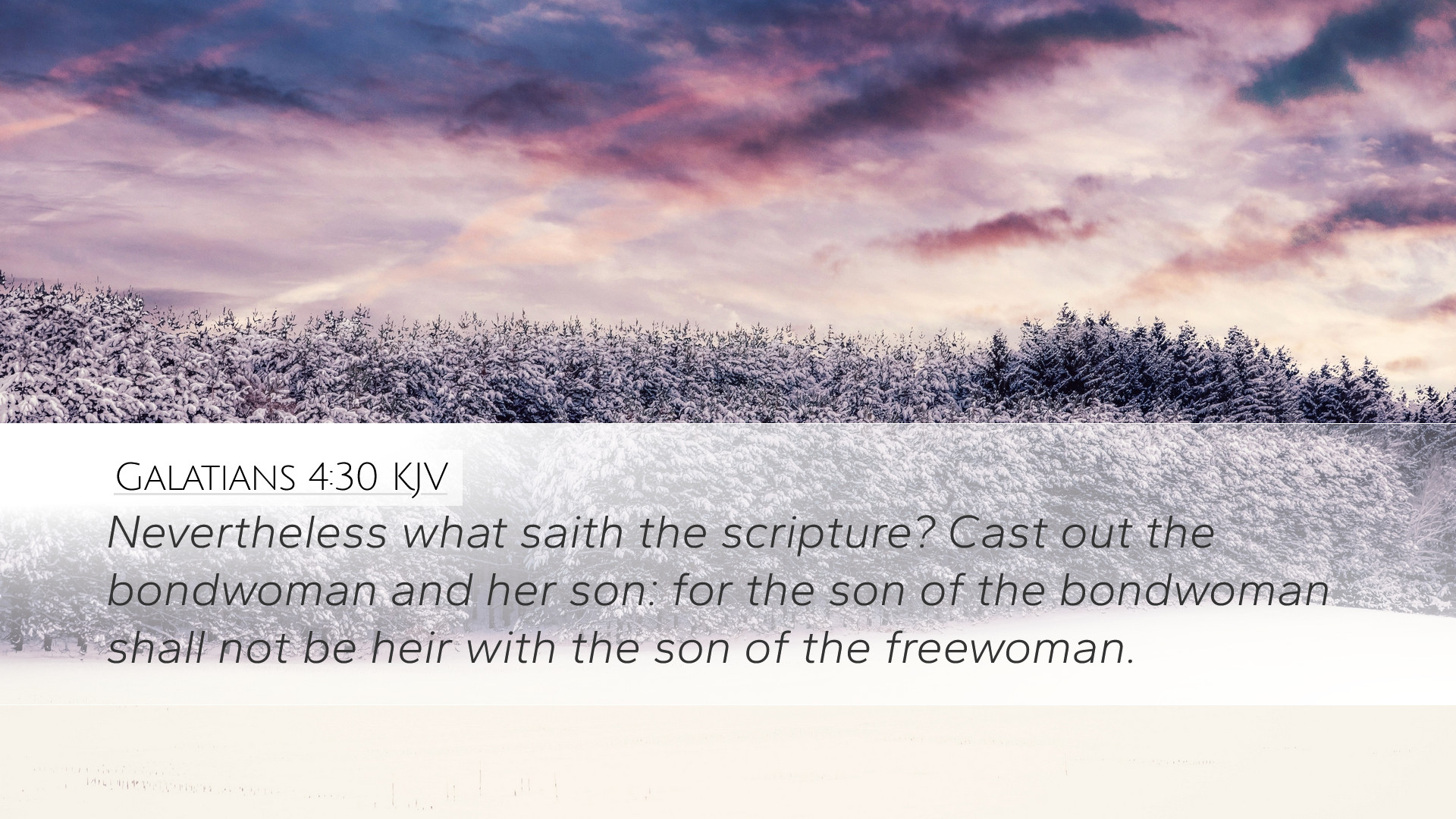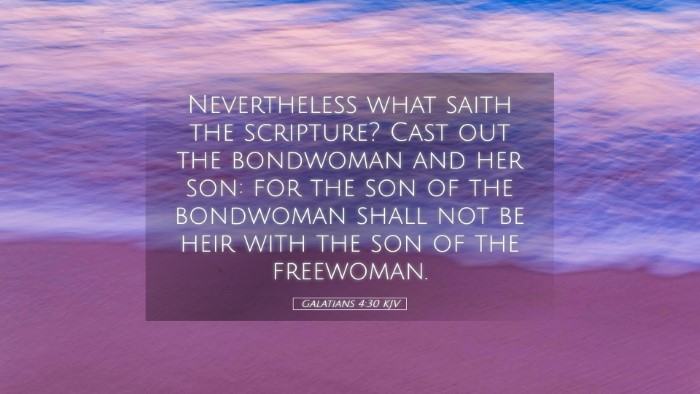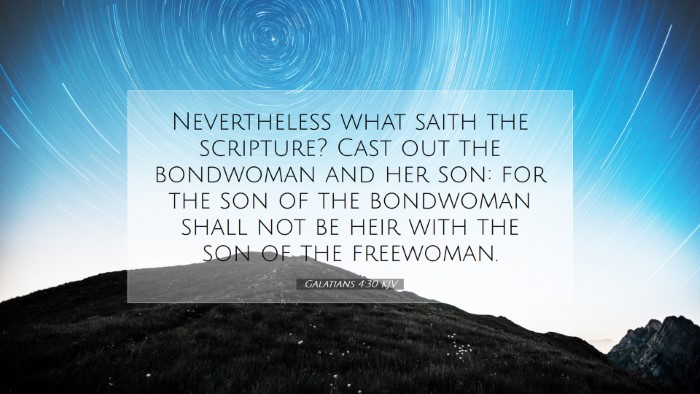Old Testament
Genesis Exodus Leviticus Numbers Deuteronomy Joshua Judges Ruth 1 Samuel 2 Samuel 1 Kings 2 Kings 1 Chronicles 2 Chronicles Ezra Nehemiah Esther Job Psalms Proverbs Ecclesiastes Song of Solomon Isaiah Jeremiah Lamentations Ezekiel Daniel Hosea Joel Amos Obadiah Jonah Micah Nahum Habakkuk Zephaniah Haggai Zechariah MalachiVerse
Galatians 4:1 Galatians 4:2 Galatians 4:3 Galatians 4:4 Galatians 4:5 Galatians 4:6 Galatians 4:7 Galatians 4:8 Galatians 4:9 Galatians 4:10 Galatians 4:11 Galatians 4:12 Galatians 4:13 Galatians 4:14 Galatians 4:15 Galatians 4:16 Galatians 4:17 Galatians 4:18 Galatians 4:19 Galatians 4:20 Galatians 4:21 Galatians 4:22 Galatians 4:23 Galatians 4:24 Galatians 4:25 Galatians 4:26 Galatians 4:27 Galatians 4:28 Galatians 4:29 Galatians 4:30 Galatians 4:31

